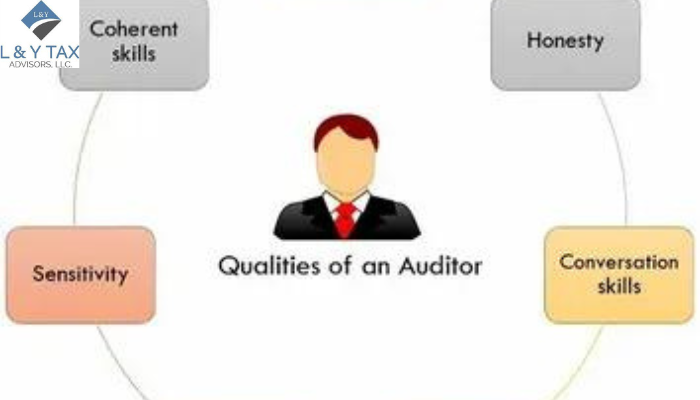
How Do You Become an Auditor?
The finance industry needs sharp eyes to ensure everything goes as planned. Auditors are the guardians who ensure that your company abides by the official laws and protects financial data. But how do you become an auditor?
What Do Auditors Do?
Auditors act as financial detectives, spotting mistakes, stopping fraud, and ensuring your company’s sound financial standing. They are of two types:
- Internal auditor
- External auditor
Internal auditors examine procedures and suggest changes inside an organization. In contrast, external auditors are impartial experts hired by authorities and investors to evaluate your company’s financial standing.
Field Specialization in Financial Auditing
To know how do you become an auditor, specializing in a particular field is mandatory. Some auditors concentrate on specific businesses. Others ensure that government organizations use public monies appropriately.
Regardless of specialization, all auditors adhere to the same fundamental values: impartiality, precision, and high moral standards.
Click here to learn about the IRS & state audit representation.
How Do You Become an Auditor?
Obtaining the proper education, work experience, and certifications is essential for developing a fulfilling career in auditing. Here’s a guide to help you get going:
Academic Foundation: Earn Your Degree
The first stage is an undergraduate degree in accounting. You will graduate from this program with a solid grasp of:
- Financial analysis
- Auditing techniques
- Accounting concepts
Seek courses covering the auditing standards established by:
- The U.S. Government Accountability Office (GAO)
- The Institute of Internal Auditors (IIA).
A master’s degree in business administration (MBA) focused on accounting can be worth your consideration. In addition to expanding your knowledge, this advanced education prepares you for the CPA test – a necessary qualification for many auditing positions.
Practical Experience is Mandatory!
Experience in the real world is just as vital as academics. Seek volunteer work, internships, and part-time jobs in auditing or accounting companies. You can apply your theoretical knowledge to real-world situations and hone critical thinking, problem-solving, and communication skills via this practical experience.
There’s No End to Learning
The financial industry is ever-changing. Therefore, auditors must keep up with the newest laws and practices. They must take online classes, attend conferences, and subscribe to field-specific virtual channels.
Acquiring membership in professional associations (such as the IIA or AICPA) offers access to:
- Invaluable resources
- Networking opportunities
- Ongoing educational initiatives
Boost Your Credentials with Certifications and Licenses
Different countries have different standards for auditor licenses. Becoming a Certified Public Accountant (CPA) opens doors to numerous opportunities.
Your state will provide a permit if you pass the CPA exam. This evaluates your accounting expertise. Numerous businesses go so far as to provide financial aid to assist with the exam costs.
Career Path and Advancement
As you gain experience and credentials, you can advance to leadership positions in the auditing industry. Auditors with five years or more of experience can apply for roles such as audit manager or budget director.
With ten years of experience and an advanced degree, you can aspire to senior leadership roles like controller, treasurer, or finance vice president.
The Bottom Line
The need for auditors will rise significantly in the upcoming years due to globalization and a more complicated regulatory landscape. Technology automates many repetitive duties. However, the necessity for qualified auditors is still likely to exist. So, if the auditing profession is your choice, you must learn how do you become an auditor to contribute significantly to the financial industry.
Read More: What is a night auditor


